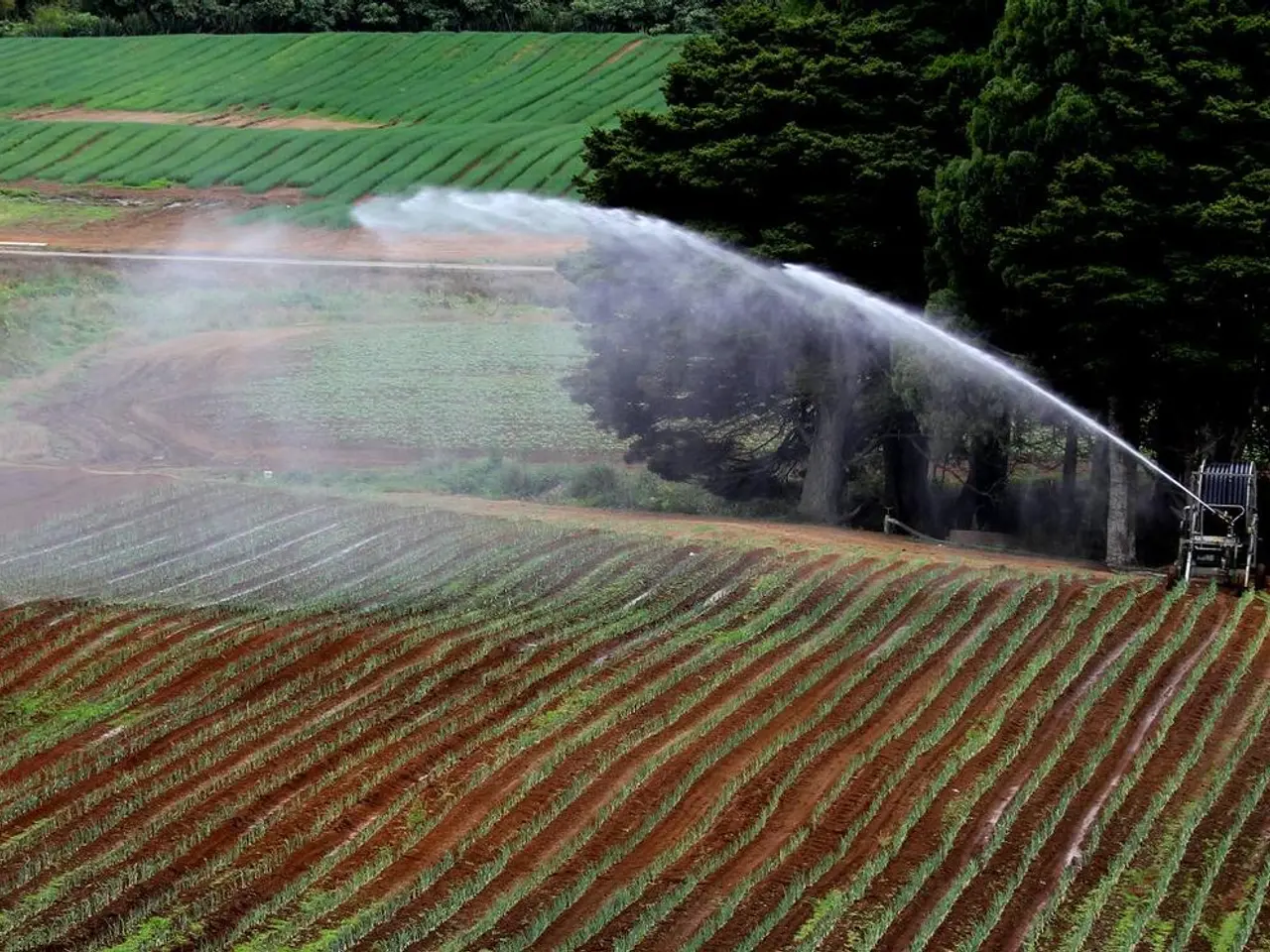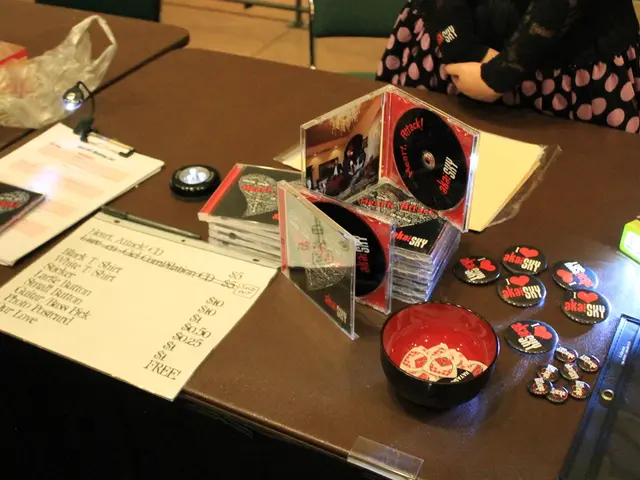Innovation conundrum hindering South Africa's growth in bioeconomics (Guest post)
In the heart of Africa, South Africa is making strides to tap into the potential of biotechnology and cultivate a thriving bioeconomy. One such startup leading this charge is Mycosure, a biotech company growing protein-packed mycelium using biomass fermentation, supported by institutions like the Council for Scientific and Industrial Research (CSIR).
The Department of Science, Technology and Innovation (DSTI) plays a pivotal role in fostering collaboration and providing an innovation ecosystem that includes resources, infrastructure, and coordinated support. This ecosystem is essential for early-stage businesses like Mycosure to scale their innovations effectively.
Private sector initiatives, such as accelerator programs and catalytic funding, also help early-stage businesses navigate the complex challenges of scaling innovation. These initiatives are crucial for unlocking the full potential of South Africa's innovation ecosystem.
Biotechnology could seed a thriving bioeconomy in South Africa, diversifying the economy, creating jobs, and opening new export markets. The government's Bio-Economy Strategy recognizes biotechnology as a driver of economic diversification, exports, and green jobs.
However, solutions capable of addressing systemic social and environmental challenges frequently take longer to scale or fail to progress in developing countries. To bridge these funding gaps and support early-stage ventures, access to capital, research and development infrastructure, and technical expertise is often lacking.
Access to world-class expertise, advanced research facilities, and technical infrastructure is crucial for small businesses. Partnerships with organisations like the CSIR, DSTI, and Technology Innovation Agency (TIA) have been critical in enabling progress for early-stage businesses.
South Africa has the talent and scientific capabilities to match innovation models from developed economies. The country boasts a wealth of entrepreneurial talent, with many small and medium-sized enterprises developing world-class ideas. Forward-looking funders recognize the potential for both financial return and social and environmental impact in supporting these early-stage ventures.
Innovation is not a luxury reserved for developed economies; it is a strategic necessity for South Africa to achieve inclusive, sustainable growth. The Department of Science, Technology and Innovation (DSTI) in South Africa has emphasized the importance of embracing new technologies to strengthen food systems and ensure the country remains globally competitive.
Innovation cannot happen in isolation; a coordinated effort between policymakers, research institutions, entrepreneurs, and funders and investors is necessary. Successful innovation ecosystems around the world ensure access to both pools of funding, alongside strong research and development infrastructure and public-private collaboration.
By fostering collaboration, bridging funding gaps, and supporting early-stage ventures, South Africa can unlock the full potential of its innovation ecosystem. The country has the ambition, the talent, and the resources to lead the global bioeconomy race and secure a future that is both prosperous and sustainable. As Charles Reed, cofounder of South African biotech startup Mycosure, notes, the strategy for South Africa's bioeconomy is directionally correct, but early-stage businesses need stronger, more consistent support to scale their solutions.







